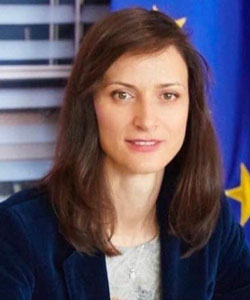 |
Mariya GABRIEL The new Horizon Europe, Erasmus+, and the cultural strand of Creative Europe programmes will be implemented under Mariya Gabriel’s leadership. From 2017 to 2019 she was Commissioner for Digital Economy and Society. She was a Member of the European Parliament for 7 years until 2017 where she served as the first Vice-President of the European People's Party (EPP) and Vice-President of EPP Women. |
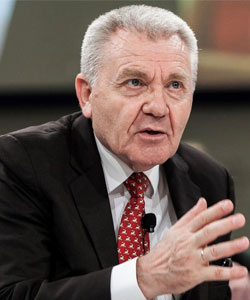
|
Jean-Pierre BOURGUIGNON Jean-Pierre Bourguignon is the ad interim President of the European Research Council. He is also Directeur de recherche émérite of the Centre National de la Recherche Scientifique. Prof. Bourguignon is a recipient of the Prix Paul Langevin from the Académie des Sciences de Paris and an Honorary Member of the London Mathematical Society. His main research fields are in geometry and analysis. |
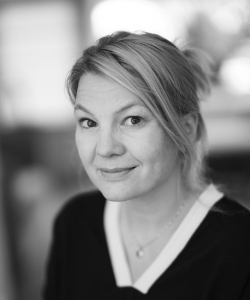 |
Eveline CRONE Eveline Crone is Professor of Developmental Neuroscience in Society at Erasmus University Rotterdam. Her lab examines the psychological and neural processes involved in social development. She is also Vice-President of the Scientific Council of the European Research Council (ERC), the European Commission’s excellence programme for frontier research. |

|
Sir Philip CAMPBELL Sir Philip Campbell has a PhD Upper Atmospheric Physics. He is the Founding Editor-in-Chief of Physics World and a former Physical Sciences Editor for Nature. In 1995 he became Editor-in-Chief of Nature, a post he held for 22 years until 2018 when he was appointed Editor-in-Chief of the publisher Springer Nature. |
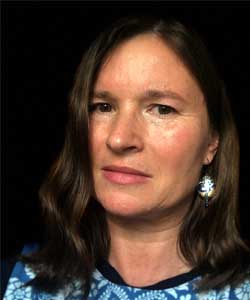
|
Ágnes KULCSAR
Ágnes has been coordinating the multi-investigator Synergy grants call since its beginning in 2012. She has experience in the coordination of various individual grants evaluations as well as in the work of a scientific officer. Her duties include the preparation of the submission system for the applicants and ensuring a proper implementation of the evaluation process. Drafting guidance documents, such as the Information for Applicants and the Guide for Peer Reviewers are also part of her work. One of her essential tasks is helping applicants and experts by responding to their queries about grant applications. |
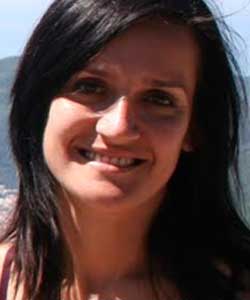
|
Odeta LIMAJ
Dr Odeta Limaj has been a Scientific Officer at the ERC Executive Agency since 2016. More specifically she works in the Condensed Matter Panel PE3, in the Synergy team. She also worked for 2 years in the Fundamental Constituents of Matter panel PE2. |
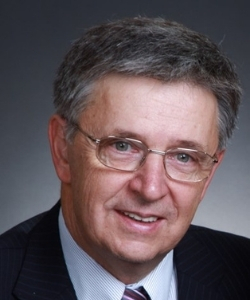
|
Laszlo LOVASZ Laszlo Lovász’s fields of research are discrete mathematics and connections with computing and classical mathematics. He was President of the International Mathematical Union for 4 years and of the Hungarian Academy of Science from 2014-2020. He is a researcher at the Rényi Institute of Mathematics and has been awarded the Wolf Prize (1999), the Kyoto Prize (2010) and the Abel Prize (2021). |
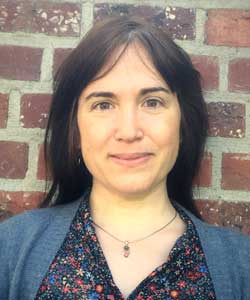
|
Janka MATRAI
Janka Matrai is a scientific officer at the ERCEA - The Executive Agency of the European Research Council (ERC), in the Life Sciences Unit. She is responsible for the whole life cycle of grant application, evaluation and follow-up processes in two panels, Integrative Biology: From Genes and Genomes to Systems, and Neuroscience and Disorders of the Nervous System. She is also involved in the widening participation campaign, which aims to close the gap between the widening participation countries and the rest of the EU. Prior to this, she worked as a scientific project officer at the Joint Research Centre – Institute for Reference Materials and Measurements in the Standards for Innovation and Sustainable Development, Reference Materials for Biotechnology and Life Sciences Unit. |
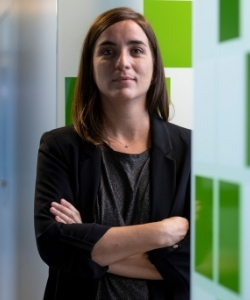
|
Nuria MONTSERRAT Nuria Montserrat’s research is focused on understanding how tissues develop and get disease-developing organoids and applying this knowledge for applications in human disease modelling. She has recently co-led the first work using organoids to model the early steps of the SARS-CoV-2 infection, identifying a therapeutic compound for COVID-19 treatment. |
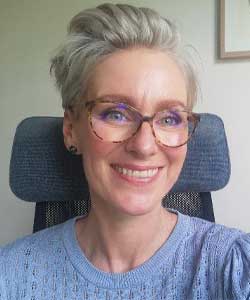
|
Anne Mark NIELSEN Dr Anne Mark Nielsen is a Scientific Officer in the ERC Executive Agency, where she has worked since 2017. She works in the Synergy Grant team as well as panel SH3: The Social World and Its Diversity. Anne did her PhD in the Social Sciences at the European University Institute in Florence, Italy, followed by a 2-year postdoctoral fellowship at Yale University. Previously, she also worked as a Policy Officer in the European Commission’s General-Directorate for Research and Innovation as well as in a migration think-tank in Washington D.C. and an international NGO in Brussels working on women’s rights. |
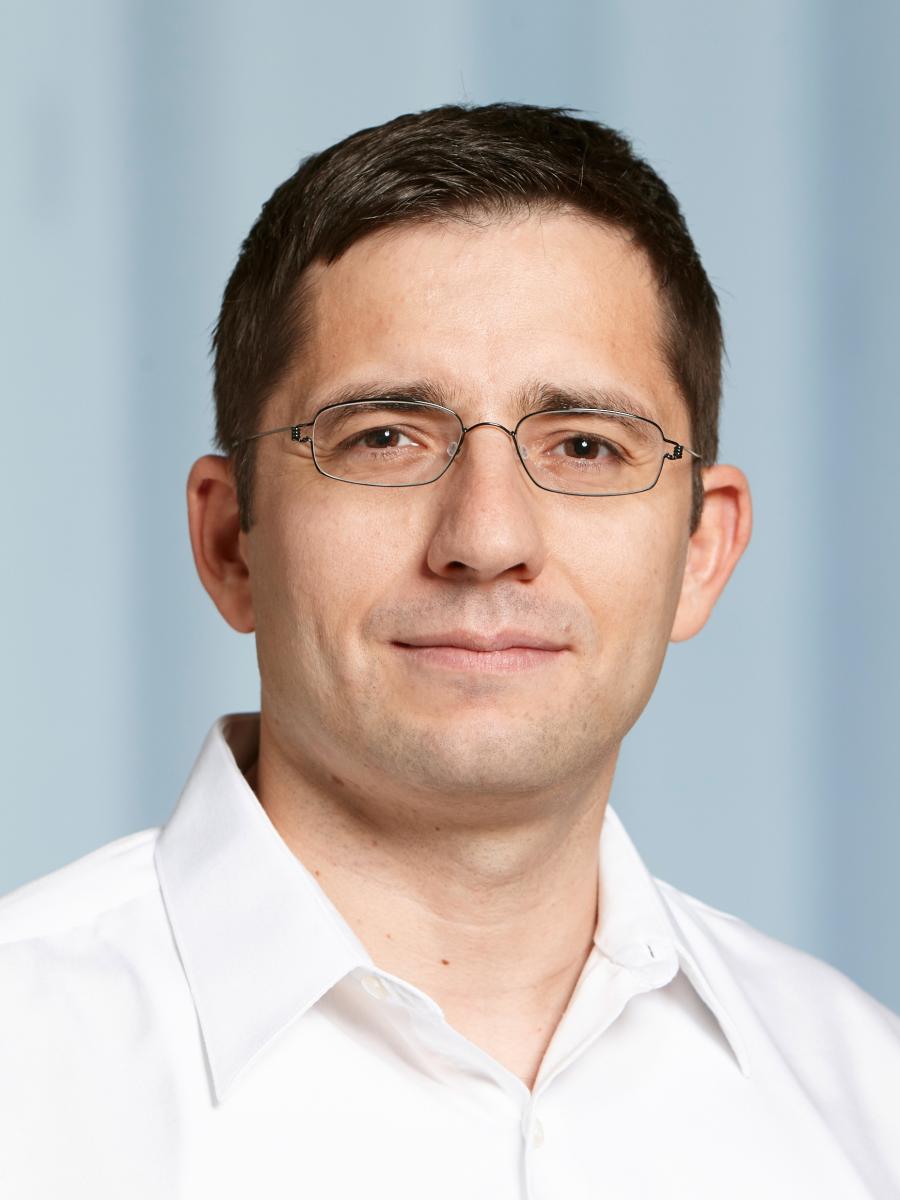
|
Martin VECHEV Martin Vechev is an Associate Professor of Computer Science at ETH Zurich where he leads the Secure, Reliable and Intelligent Systems Lab (https://www.sri.inf.ethz.ch/). Prior to that he was a Research Staff Member at the IBM T.J. Watson Research Center in New York. He received his PhD from Cambridge University (UK). |

